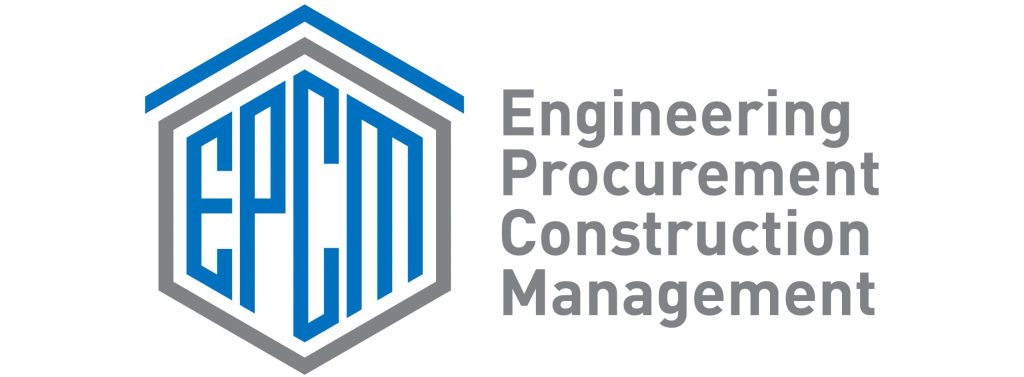The world of Engineering, Procurement, and Construction (EPC) is no stranger to complexity. These large-scale projects involve intricate designs, vast material procurement, and meticulously planned construction phases. Even the most seasoned project managers grapple with tight deadlines, budget constraints, and unforeseen challenges. However, a new player is emerging on the scene, promising to revolutionize how we approach EPC project management: Artificial Intelligence (AI).
AI is rapidly transforming industries, and the EPC sector is ripe for its transformative power. AI tools are going beyond science fiction and becoming practical solutions, streamlining processes, optimizing scheduling, and enhancing risk management in these often-daunting undertakings.
Let’s delve into some real-world examples of how AI is already making its mark:
- Predictive Maintenance: Imagine being able to predict equipment failures before they happen. AI-powered systems can analyze sensor data from machinery and construction sites, identifying potential issues and allowing for proactive maintenance. This not only reduces downtime and costly repairs but also improves safety for workers.
- Risk Management Redefined: EPC projects are inherently risky, with unforeseen circumstances lurking around every corner. AI algorithms can analyze vast datasets of historical project data, identifying patterns and trends to predict potential risks. This empowers project managers to take proactive steps, mitigate risks early on, and ensure a smoother project flow.
- The Power of Optimization: Scheduling and resource allocation are crucial aspects of any EPC project. AI-powered optimization tools can analyze project plans, resource availability, and external factors like weather patterns. These tools then suggest adjustments to optimize the schedule, minimize delays, and ensure efficient use of resources.
The benefits of AI in EPC project management are undeniable. Improved efficiency translates to cost savings, tighter deadlines become achievable, and data-driven insights lead to better decision-making. Furthermore, AI can handle tedious, repetitive tasks, freeing up valuable human expertise for more complex strategic planning.
The Human Factor and the Future of Work
However, the rise of AI also raises questions about the future of work in the EPC industry. Will AI replace human project managers? The answer lies not in replacement, but rather in transformation.
Here’s why AI is an opportunity, not a threat, for EPC professionals:
- Enhanced Skill Sets: AI will handle the mundane, allowing project managers to focus on higher-level tasks like team leadership, client communication, and strategic problem-solving.
- Data-Driven Decisions: AI will provide project managers with a wealth of data and insights, empowering them to make informed decisions based on real-time information, not just gut instinct.
- Increased Collaboration: AI can become a valuable collaborator, freeing up time for project managers to foster stronger team relationships and facilitate communication across departments.
The Future is Now: Embracing AI in the EPC Industry
The future of the EPC industry is undeniably intertwined with AI. By embracing these new technologies, EPC companies can gain a significant competitive edge, delivering projects on time, within budget, and with a higher degree of safety and efficiency.
However, the key to success lies in integrating AI effectively. Investing in training for personnel, creating a culture of data-driven decision making, and establishing clear guidelines for AI use are all crucial steps.
Is AI a threat or an opportunity for EPC professionals? Share your thoughts in the comments below! Let’s discuss how we can best leverage this powerful technology to future-proof the EPC industry for a new era of innovation and success.

